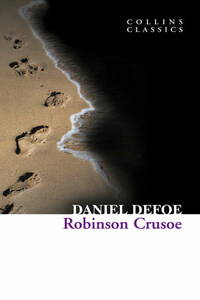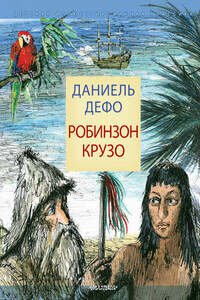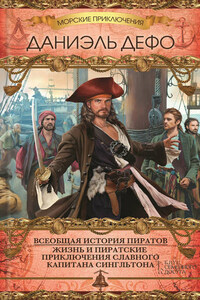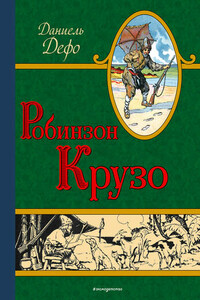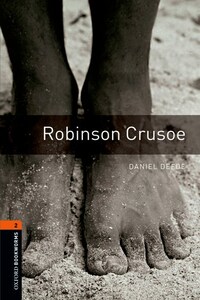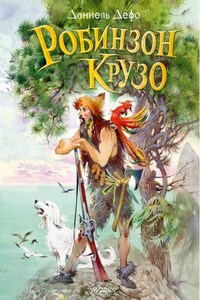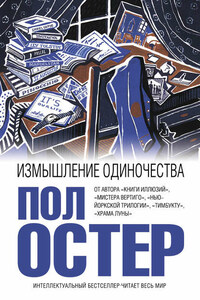In 1819, Millworker William Collins from Glasgow, Scotland, set up a company for printing and publishing pamphlets, sermons, hymn books and prayer books. That company was Collins and was to mark the birth of HarperCollins Publishers as we know it today. The long tradition of Collins dictionary publishing can be traced back to the first dictionary William published in 1824, Greek and English Lexicon. Indeed, from 1840 onwards, he began to produce illustrated dictionaries and even obtained a licence to print and publish the Bible.
Soon after, William published the first Collins novel, Ready Reckoner, however it was the time of the Long Depression, where harvests were poor, prices were high, potato crops had failed and violence was erupting in Europe. As a result, many factories across the country were forced to close down and William chose to retire in 1846, partly due to the hardships he was facing.
Aged 30, Williamâs son, William II took over the business. A keen humanitarian with a warm heart and a generous spirit, William II was truly âVictorianâ in his outlook. He introduced new, up-to-date steam presses and published affordable editions of Shakespeareâs works and Pilgrimâs Progress, making them available to the masses for the first time. A new demand for educational books meant that success came with the publication of travel books, scientific books, encyclopaedias and dictionaries. This demand to be educated led to the later publication of atlases and Collins also held the monopoly on scripture writing at the time.
In the 1860s Collins began to expand and diversify and the idea of âbooks for the millionsâ was developed. Affordable editions of classical literature were published and in 1903 Collins introduced 10 titles in their Collins Handy Illustrated Pocket Novels. These proved so popular that a few years later this had increased to an output of 50 volumes, selling nearly half a million in their year of publication. In the same year, The Everymanâs Library was also instituted, with the idea of publishing an affordable library of the most important classical works, biographies, religious and philosophical treatments, plays, poems, travel and adventure. This series eclipsed all competition at the time and the introduction of paperback books in the 1950s helped to open that market and marked a high point in the industry.
HarperCollins is and has always been a champion of the classics and the current Collins Classics series follows in this tradition â publishing classical literature that is affordable and available to all. Beautifully packaged, highly collectible and intended to be reread and enjoyed at every opportunity.
Daniel Defoe was born at the beginning of a period of history known as the English Restoration, so-named because it was when King Charles II restored the monarchy to England following the English Civil War and the brief dictatorship of Oliver Cromwell. Defoeâs contemporaries included Isaac Newton and Samuel Pepys.
Defoe was born in London and during his formative years was witness to the Great Plague (1665-6) and the Great Fire (1666), both of which had considerable effect on the neighbourhood he lived in. In addition to these disasters, the English were at war with the Dutch between 1665 and 1667, which saw many privateer ships involved in attacking the Dutch fleet as Charles had insufficient money to fund the war. Privateers essentially paid themselves with the booty they acquired from the enemy ships, which included trade vessels as well as menâoâwar. In turn this led to the evolution of piracy in times of peace. It is undoubtedly this roguish activity on the high seas that inspired Defoe to write his famous novel Robinson Crusoe.
Defoeâs original surname was simply âFoeâ and his family were humble traders, but he added the prefix to make himself sound more continental and sophisticated. Defoe became interested in social reform and used his first efforts at writing to promote ideas for improving social and economic conditions in London. He was arrested for his activities but had caught the attentions of Robert Harley, 1>st Earl of Oxford, who made him an agent for gathering intelligence about his political rivals.
His literary journey began soon after this when Britain was struck by a full scale hurricane in 1703, which travelled across the Atlantic Ocean and ravaged the southern British Isles for two whole days. The storm killed thousands of people, felled millions of trees and damaged every building in its path. Defoe was inspired to record many first-hand accounts of the hurricane, which he published the following year in The Storm.
For the next fifteen years Defoe was very active politically, writing hundreds of documents for the Tory party, a party which had emerged as a political wing of the Cavaliers following the English Civil War. They were essentially royalists with deeply held conservative views. There had been many stories of pirate adventures in exotic places and a Scotsman named Alexander Selkirk had been rescued in 1709 after four years castaway on Juan Fernández, a tropical island in the south Pacific, off the coast of Chile. Clearly Defoe had been inspired by these tales of danger and derring-do. In 1719, Defoe published his masterpiece,
